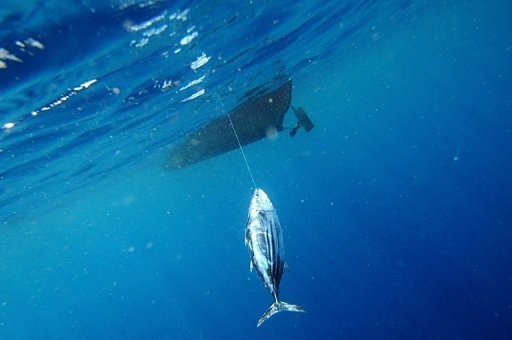Ocean fish extinct within 40 years
By Sebastian Smith (AFP) NEW YORK — The world faces the nightmare possibility of fishless oceans by 2050 unless fishing fleets are slashed and stocks allowed to recover, UN experts warned Monday. “If the various estimates we have received… come true, then we are in the situation where 40 years down the line we, effectively, are out of fish,” Pavan Sukhdev, head of the UN Environment Program’s green economy initiative, told journalists in New York. A Green Economy report due later this year by UNEP and outside experts argues this disaster can be avoided if subsidies to fishing fleets are slashed and fish are given protected zones — ultimately resulting in a thriving industry. The report, which was opened to preview Monday, also assesses how surging global demand in other key areas including energy and fresh water can be met while preventing ecological destruction around the planet. UNEP director Achim Steiner said the world was “drawing down to the very capital” on which it relies. … One billion people, mostly from poorer countries, rely on fish as their main animal protein source, according to the UN. The Green Economy report estimates there are 35 million people fishing around the world on 20 million boats. About 170 million jobs depend directly or indirectly on the sector, bringing the total web of people financially linked to 520 million. According to the UN, 30 percent of fish stocks have already collapsed, meaning they yield less than 10 percent of their former potential, while virtually all fisheries risk running out of commercially viable catches by 2050. … The main scourge, the UNEP report says, are government subsidies encouraging ever bigger fishing fleets chasing ever fewer fish, with little attempt made to allow the fish populations to recover. The annual 27 billion dollars in government subsidies to fishing, mostly in rich countries, is “perverse,” Sukhdev said, since the entire value of fish caught is only 85 billion dollars. As a result, fishing fleet capacity is “50 to 60 percent” higher than it should be, Sukhdev said. …
